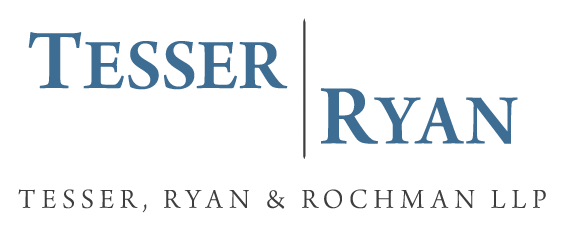Can New York Attorneys Designate “Inactive Status”?
Lawyers often ask me how they can set their registration status to “inactive” to avoid paying the biennial $375 registration fee. Unlike some other States, New York actually does not allow attorneys to designate themselves as inactive. However, lawyers who are not currently practicing in New York have several options.
Retirement
If a lawyer retired, as defined by 22 NYCRR 118.1(g), i.e., they are no longer practicing in any jurisdiction except for pro bono representations, they can submit a certificate of retirement along with their registration form. In addition, if the lawyer is over 55 years of age, has 10 or more years of experience, and participates in an approved pro bono legal services program, they may enroll as an “attorney emeritus”.
Attorneys who are certified as retired are not required to pay the biennial registration fee or to complete Continuing Legal Education (CLE) requirements.
In some cases, it may be possible to “un-retire”; however, when you certify your retirement, you must have an honest intention to never again engage in acts that constitute the practice of law, so such cases are disfavored.
Note that a lawyer who is practicing in another state, even if they have no New York practice, is not able to register as retired. According to a recent New York State Bar Association ethics opinion, retired lawyers are not permitted to share in referral fees, as they are not able to assume joint responsibility for the representation.
Resignation
An attorney who no longer wishes to practice in New York may resign from the bar, whether they still practice in other jurisdictions or not. An attorney who resigns will no longer be permitted to engage in the practice of law in New York, whether for compensation or not.
An attorney who wishes to resign must submit an affidavit consistent with 22 NYCRR § 1240.22 to the Appellate Division, with service upon the Attorney Grievance Committee and Lawyers’ Fund for Client Protection, and the application must be granted by the Court.
Attorneys who have resigned are not required to pay the biennial registration fee or to complete Continuing Legal Education (CLE) requirements.
An attorney who has resigned may apply for reinstatement; however, the Court has discretion as to whether to grant the application, and may require the applicant to complete the bar exam and/or the MPRE, or take other action to qualify for reinstatement.
An attorney who resigns while under investigation by the Attorney Grievance Committee will have to attest that they cannot defend the charges or allegations made against them, and the resignation will be treated as a disbarring. Accordingly, attorneys who resign under investigation may not apply for reinstatement for seven (7) years.
Continued Registration
Attorneys who no longer practice in New York may also choose to continue to keep their registration active. Attorneys who have an active registration are required to pay the $375 annual registration fee regardless of whether they practice.
However, under 22 NYCRR § 1500.5(b)(1), attorneys who do not practice law in New York during a given reporting period are exempt from the requirement to complete CLEs. However, if the attorney practices in another jurisdiction, they must comply with all CLE requirements in that jurisdiction to be eligible for this exemption.
Attorneys who practice law during the reporting period, even if only occasionally, will not qualify for the exemption, but, in some cases, may have a prorated CLE requirement.
If you are licensed to practice law in New York but do not engage in the practice of law, an experience professional responsibility attorney can help guide you and advise you of your options.
The attorneys at Tesser, Ryan & Rochman, LLP are experienced in matters of attorney registration and legal ethics. Call us at (212) 754-9000 for a consultation.
